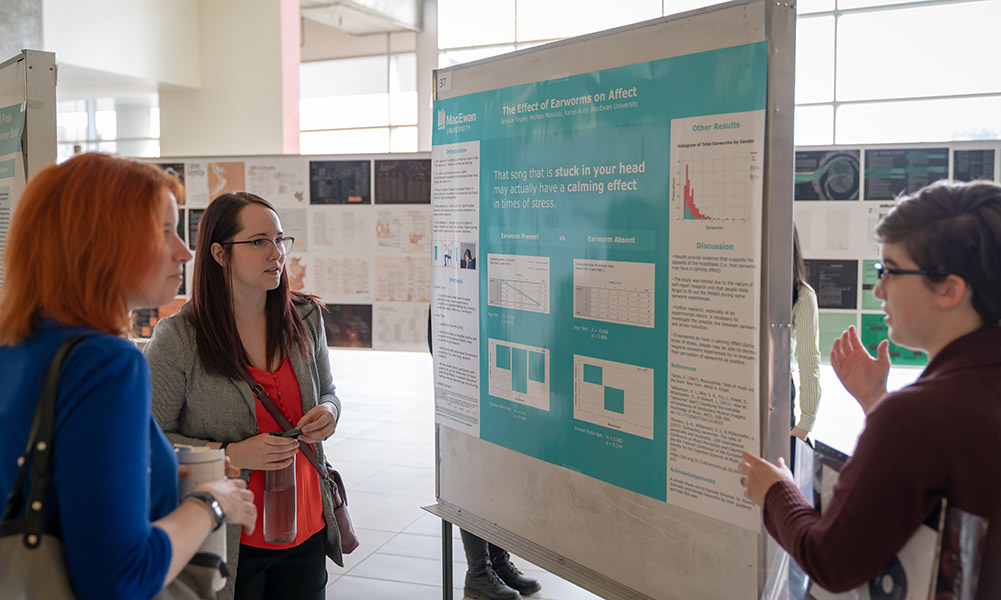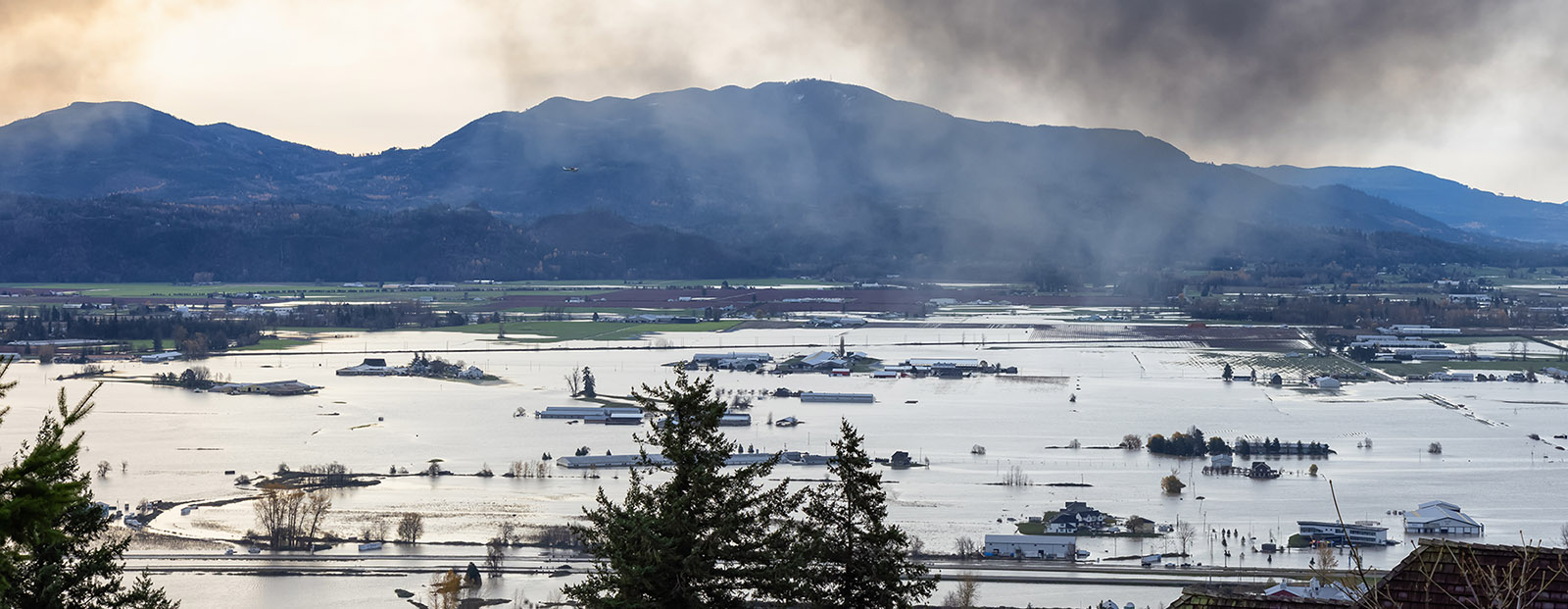While floods, fires, hurricanes and ice storms are naturally occurring events, scientific evidence shows that ecological changes in recent decades are causing them to occur more often, wreaking havoc on supply chains, says Dr. Hadi Chapardar, assistant professor in the School of Business.
In the aftermath of extreme weather events, there is often a shortage – or perceived shortage – of the consumer products people need to survive, including food. That can result in what Dr. Chapardar describes as a “firefighting” approach to problem-solving – asking for help and bringing in emergency supplies from other areas, which is not always optimal.
“Businesses are often the first actors in society to deal with those shortages, and retailers often see panic buying and disruptions in food chains,” he says.
But the short-term lack of supplies doesn’t tell the whole story of the cost to society required to recover from these catastrophes. Other vast costs that can’t be recovered, including damage to infrastructure, insurance losses and the costs of having residents evacuate and never return.
Addressing the problem in a meaningful way that extends beyond immediate emergency responses involves looking at the larger systems of which supply chains are a part. Borrowing the concept of resilience from ecology and systems theory, Dr. Chapardar and his colleagues from the University of Ottawa and Ivey Business School are setting out to see if a similar approach might be applied to supply chains.
“Much of the past research involving supply chains revolves around risk, which is different from uncertainty. Risk jeopardizes a system, but is predictable,” he explains. “We know that the future holds much more uncertainty – we can’t know the timing or type of extreme weather events or predict their consequences well in advance – and addressing the ambiguity that comes with uncertainty requires a different approach.”
Taking a resilience approach, says Dr. Chapardar, involves dealing with that ambiguity and uncertainty – looking beyond responding and recovering to a disturbance within the system. Adapting and transforming based on those disturbances are two areas that have, so far, not been considered in research connected to supply chains.
In their four-year study funded by the Social Sciences and Humanities Research Council (SSHRC), the researchers aim to change that.
“We are exploring how different stakeholders – companies, suppliers, policymakers, municipalities and citizens – can enhance the resilience of entire systems so that when extreme weather events happen, we face fewer challenges with meeting people’s basic needs,” says Dr. Chapardar.
The project, which will enlist the help of students from all three universities, will happen in phases. The first, underway now, seeks to understand the variables, characteristics and capabilities within the four aspects of resilience – responding, recovering, adapting and transforming – and what they mean to different groups. This step will use various qualitative research methods to create a model for resilient supply chains.
 See all events
See all events
“We know we need to delve deeper into the upstream supply chain beyond retailers and think about all stakeholder interactions,” says Dr. Chapardar.
The project's second phase will take a quantitative approach, using simulations, numerical data and mathematical methods to test, and potentially improve, the model developed in the first phase.
Ultimately, Dr. Chapardar says, this research is about helping shift businesses and other stakeholders better understand how they can move toward sustainability and prepare for growing uncertainty tied to environmental events
“Thinking in the business world tends to be very short-term – managers are focused on quarterly results, return on investments and immediate profits. But sustainability in business is about making sure organizations have the resilience to survive over the long term. Enhancing business sustainability is a big step toward achieving a sustainable society”
 Meet Dr. Chapardar
Meet Dr. Chapardar
